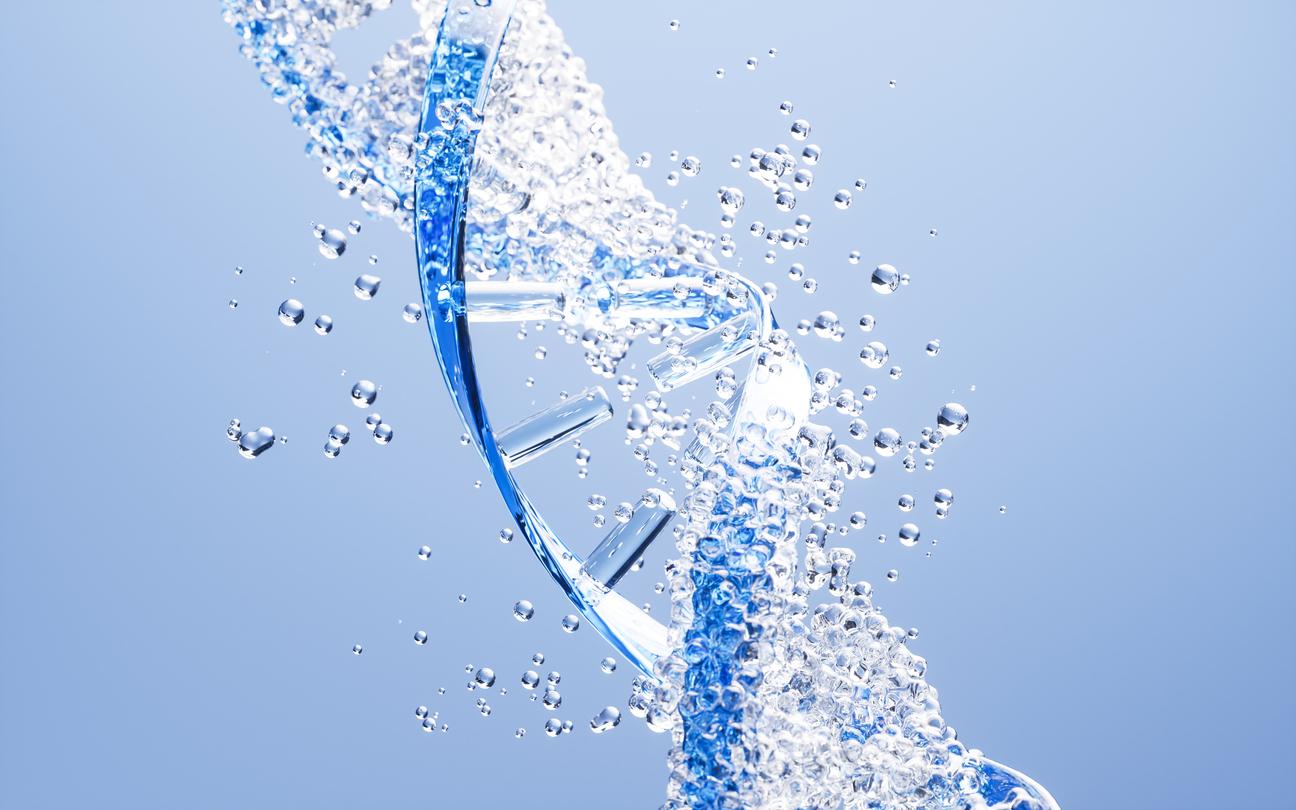A new bone marrow disease has been discovered thanks to an Australian family suffering from this little-known genetic disorder.

- An Adelaide family has played a crucial role in the discovery of a new bone marrow disease.
- Tests revealed that the family members carried a mutation that increased the risk of bone marrow disorders and blood cancer, which had not been identified until now.
- The researchers managed to design a test that identifies people carrying the mutation.
Researchers from the Center for Cancer Biology (CCB) and the University of South Australia have shed light on a new bone marrow disease by studying an Adelaide family with several members suffering from a complex set of disorders blood.
This pathology has been called ERG Deficiency Syndrome. The discovery offers a major advance in the detection of blood and bone marrow diseases.
Blood cancer: a new responsible mutation identified
The family’s problems started with the mother. As she entered adulthood, she developed several blood disorders. Then, a few years later, doctors diagnosed him with acute myeloid leukemia, a cancer that starts in blood stem cells. It was when her children began to have similar health concerns that genetics experts began research.
All family members agreed to undergo genetic testing. These revealed that they did not carry the known genes associated with bone marrow failure and blood cancer. To unravel the mystery, the Australian Familial Haematological Conditions Study (AFHCS) suggested they re-examine their genome.
The team then made a surprising discovery: They noticed a highly suspicious mutation in the ERG gene, which was previously not known to cause symptoms linked to bone marrow failure and blood cancers. The latter was discovered during the examination of hair samples, because “it was hidden by a mechanism called somatic genetic rescue, masking the variant in blood samples from each family member”specify the researchers in their press release published on October 25, 2024.
When the identified mutation was integrated into existing genetic and medical databases, scientists learned that several patients around the world also suffering from bone marrow problems had this mutated gene.

Bone marrow failure: a test detects people at risk
After this observation, the team managed to develop a test capable of identifying mutations that seriously disrupt the role of ERG in the normal development of blood cells. It was added to bone marrow failure and blood cancer screening at the Center for Cancer Biology and then rolled out worldwide.
This new test will allow better care and early detection of risks. “For people diagnosed with the disease, bone marrow transplantation offers a potential cure. This advance also means doctors can identify unaffected family members as potential bone marrow donors.”specify the authors.
Lead researcher Professor Hamish Scott highlights: “This Adelaide family has helped us lead the way in identifying ERG deficiency syndrome, marking an exciting new chapter in our understanding of blood diseases. By being able to identify this mutated gene, we can diagnose patients and predict the likelihood of bone marrow failure and blood cancer in the future, which will undoubtedly help countless families around the world.”
His fellow associate professor Chris Hahn adds: “Hereditary cases of bone marrow failure and blood cancers are devastating for families. Therefore, identifying genetic mutations in people affected by these diseases has immediate implications for family members.”

















